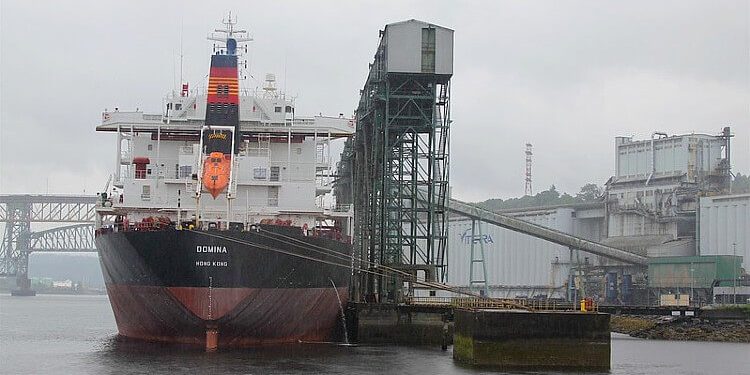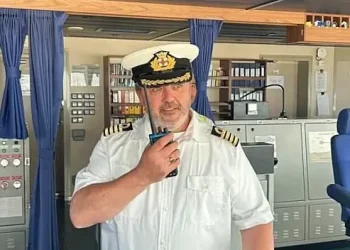The Maritime and Coastguard Agency (MCA) is spearheading efforts to decarbonize the UK’s maritime sector, aligning with the Department for Transport’s strategy to cut greenhouse gas emissions by 30% by 2030 and 80% by 2040.
This initiative promises cleaner air and potential economic shifts, impacting both industry stakeholders and consumers.
Decarbonization Goals in the UK Maritime Sector
The UK government has set ambitious targets for reducing emissions in the maritime sector, aiming for a 30% reduction by 2030 and an impressive 80% by 2040.
These goals are part of a broader strategy to achieve zero emissions by 2050, reflecting a significant commitment to environmental sustainability.
The Maritime and Coastguard Agency (MCA) is at the forefront of this initiative, supporting innovative technologies that promise to transform shipping operations.
Innovative Technologies Driving Change
To meet these targets, the MCA is investing in cutting-edge technologies that reduce emissions and enhance operational efficiency.
Among these innovations is the world’s first dual-fuelled ammonia-powered vessel, which represents a significant leap forward in sustainable maritime practices.
Such advancements not only contribute to emission reductions but also position the UK as a leader in green shipping technology.
Collaborative Efforts for a Greener Future
The success of this decarbonization strategy hinges on collaboration between various stakeholders, including ship owners, energy companies, and industry leaders.
By working together, these entities can develop effective solutions that balance regulatory compliance with economic viability.
The MCA’s role involves facilitating these partnerships and ensuring that all parties are aligned with the overarching goals of reducing emissions.
Economic Implications for Consumers
- Potential increase in consumer prices due to higher shipping costs
- Creation of green jobs within local communities
- Investment opportunities in clean maritime technologies
- Long-term savings from reduced environmental impact
- Enhanced global competitiveness through innovation
A Global Perspective on Maritime Decarbonization
The UK’s efforts are part of a larger international movement towards cleaner shipping practices. The International Maritime Organization (IMO) has set similar targets for net-zero emissions by 2050, emphasizing the need for global cooperation.
By establishing green shipping corridors and investing in alternative fuels like methanol and ammonia, the UK aims to lead by example on the world stage.
Additional Reading
Wrapping Up
The UK’s maritime decarbonization strategy marks a pivotal step towards achieving long-term environmental goals while fostering innovation within the industry.
As these initiatives unfold, they promise not only ecological benefits but also economic opportunities through job creation and technological advancements.
Discover more of Todays Top Breaking News Stories!
Sources: UK Government, Department for Transport, Maritime and Coastguard Agency, and Clean Maritime Plan.
Ivan Alexander Golden, Founder of THX News™, an independent news organization dedicated to providing insightful analysis on current events, prepared this article.









